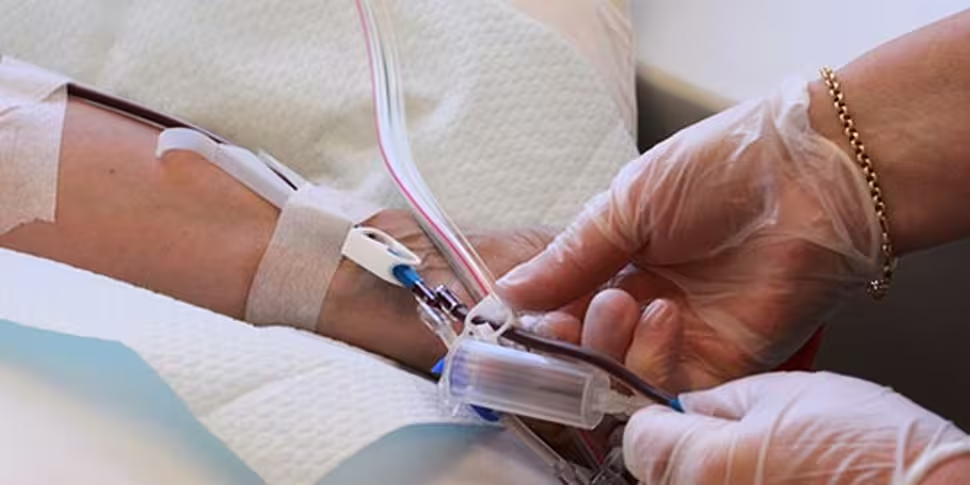With the news that Irish clinics have seen a 21% drop off in the number of donors, the Irish Blood Transfusion Service (IBTS) has launched a campaign to encourage more men and women to come forward before the end of 2016. With more than 3,000 donations needed every week, one in four of us will need a blood transfusion at some point in our lives, and the new #MissingType social media drive is hoping to encourage those with A, B, and O blood groups to offer what they can.
In June, it was revealed that the IBTS had voted to end its lifetime ban on men who have sex with men from donating blood. Instead, gay and bisexual men who have abstained from sex for a period of 12 months and are in good health will be able to donate. Those who have, at some point, contracted certain sexually-transmitted infections will be eligible to donate after a five-year wait.
But restrictions apply to more groups than men who have sex with men. In order to be eligible to give blood, the following information applies:
- When donating for the first time, you must be aged between 18 and 65. Between the ages of 65 and 70, men and women can still donate provided they have donated at some point in the previous decade.
- Each donor must weigh at least 50kg/7st 12lbs and no more than 130kg/20st 6lbs, and can donate again after 90 days.
After checking iron levels, the IBTS gathers information from each donor to determine whether or not he or she is medically permitted to give as much as 470ml of blood. You will not be allowed to give blood if...
- You have received a blood transfusion – other than blood taken from yourself – in Ireland on or after January 1st, 1980
- You have ever received a blood transfusion outside of Ireland
- You have spent more than one year living in the United Kingdom between 1980 and 1996
- If you have ever used needles to inject unprescribed drugs of any kind
- You or your partner are HIV positive
- You have Hepatitis B or C
While the 12-month waiting limit for men who have sex with men has not yet been introduced, the following waiting periods do apply:
- 12 months if you have visited a malarial area
- 12 months after pregnancy
- Six months after major surgery
- Four months after getting a tattoo or piercing
- Four months after having an endoscopy
- Three months after visiting a tropical area
- Two months after minor surgery
- One month after you have had contact with infectious diseases
- 28 days if you have travelled to parts of the world where there is a risk of West Nile Virus
- 14 days after you have finished a course of antibiotics or have recovered from flu
- Until you have fully recovered from a cold sore or cold
Men and women who have undergone acupuncture, have anxiety or depression, have high blood pressure or cholesterol may still be eligible to give blood. Anyone with Chronic Fatigue Syndrome cannot, and anyone with a broken bone or fracture will only be allowed after their cast has been removed.
In order to check if you are permitted to donate blood by the IBTS, you can take their eligibility quiz here. Should you find you are not allowed to give blood, you can still help the IBTS in the following ways:
- You can help the service organise a blood donor clinic or drive in your local area, town or village by becoming a local voluntary organiser (call 1850 731 137)
- You can organise a work ferry to encourage colleagues eligible to donate blood to visit a clinic
- Students under the age of 18, with the permission of their school, can help to organise a schools awareness programme
- If you are no longer eligible to donate, but have in the past, you can tell the IBTS your blood story to encourage others to give
- You can order posters from IBTS to encourage other people to donate
For more information on blood and platelet donations, or for information on joining the Irish Unrelated Bone Marrow Registry (IUMBR), please visit GiveBlood.ie.









